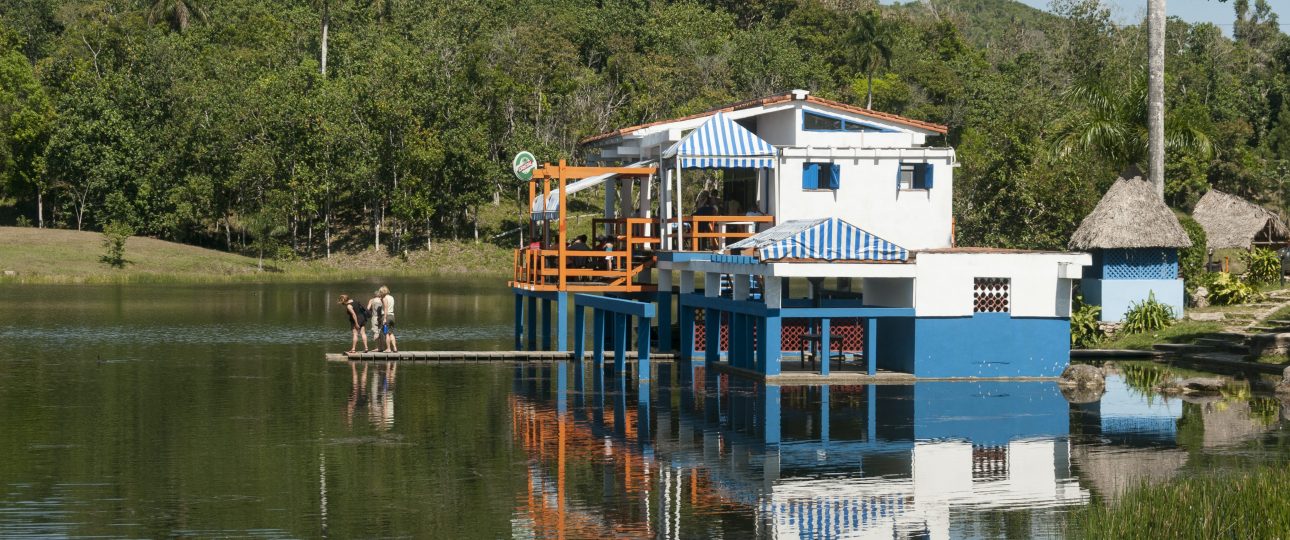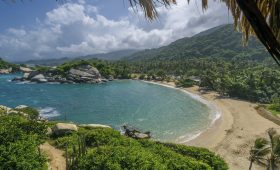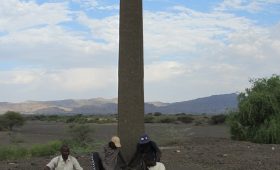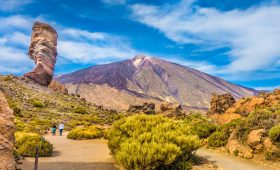History and Cultural Significance
Las Terrazas, Cuba, is a unique blend of history and sustainability. Originally settled by coffee farmers in the 19th century, the area was known as Buena Vista. In the 1960s, the Cuban government initiated a reforestation project, transforming it into a sustainable eco-community. Today, Las Terrazas is a model of environmental conservation and community development.
Visitors can explore the remnants of the old coffee plantations, including drying patios and processing facilities. These sites offer a glimpse into the region’s agricultural past. The community also celebrates its cultural heritage through art galleries and workshops featuring local artists and craftsmen.
Natural Beauty and Outdoor Activities
Las Terrazas is renowned for its natural beauty, highlighted by the Las Terrazas Biosphere Reserve. This UNESCO-designated site features lush forests, clear rivers, and waterfalls. Hiking trails allow visitors to immerse themselves in the wilderness and observe diverse flora and fauna.
For adventure seekers, zip-lining through the forest canopy offers a thrilling perspective of the reserve. Alternatively, you can swim in the northern lake, rent a rowboat, or kayak along the peaceful waters. These activities provide a refreshing way to enjoy the area’s natural attractions.
Best Time to Visit
The ideal time to visit Las Terrazas is during the dry season, from November to April. Expect pleasant temperatures and clear skies, perfect for outdoor activities. However, this is also the peak tourist season, so anticipate larger crowds and higher prices. For a quieter experience, consider visiting during the shoulder seasons of May-June or September-October.
How to Get There
Las Terrazas is accessible from Havana, with José Martí International Airport being the nearest international gateway. From Havana, you can rent a car or take a taxi for the approximately 1.5-hour drive. Alternatively, a daily Viazul bus from Havana to Pinar del Rio passes through Las Terrazas in the morning, returning in the afternoon. A collectivo from Havana costs around $15 per person, but may be cheaper with more passengers.
Local Transportation
Once in Las Terrazas, getting around is straightforward. The village is compact, and most attractions are within walking distance. If you prefer not to walk, renting a bicycle is a popular option, allowing you to explore at your own pace while enjoying scenic views.
Accommodation Options
Las Terrazas offers a range of accommodations to suit different preferences. Eco-lodges provide a nature-immersive experience with comfortable amenities. For those seeking more luxury, upscale resorts and hotels are available. Regardless of your choice, you’ll find options that align with your budget and style.
Dining and Local Cuisine
Dining in Las Terrazas includes options catering mainly to locals. Two restaurants offer basic Creole dishes and pasta, with prices ranging from $1-2 for mains. Another restaurant, slightly more expensive, offers a lakeside view, good food, especially fish, and great cocktails, with mains around $6.
Las Terrazas is a destination that combines history, culture, and natural beauty. Whether you’re exploring coffee plantation ruins or enjoying outdoor activities, this eco-community offers a unique travel experience. Keep in mind that weekends and public holidays can be crowded with locals, which may affect the tranquil atmosphere. Plan accordingly to make the most of your visit.




